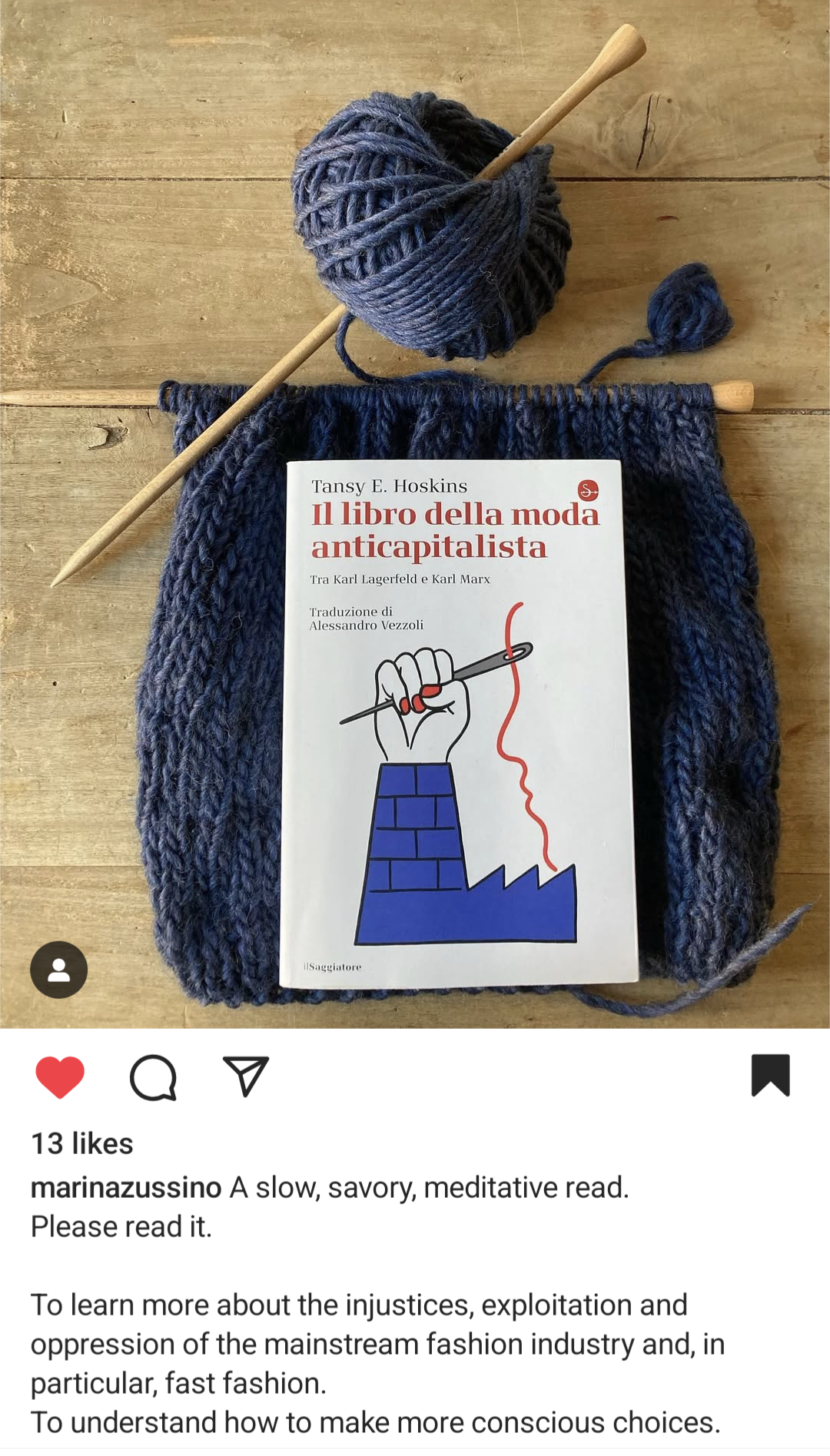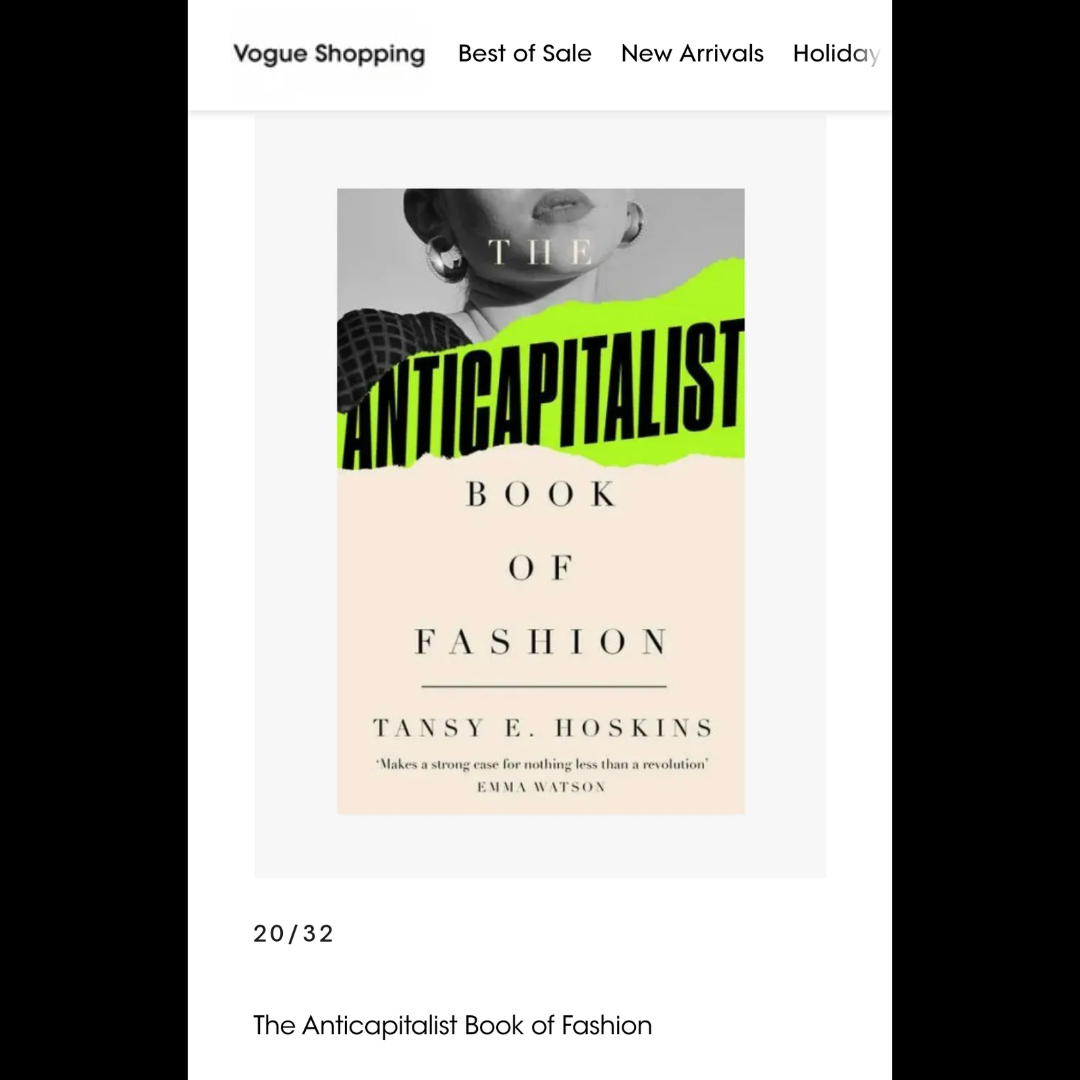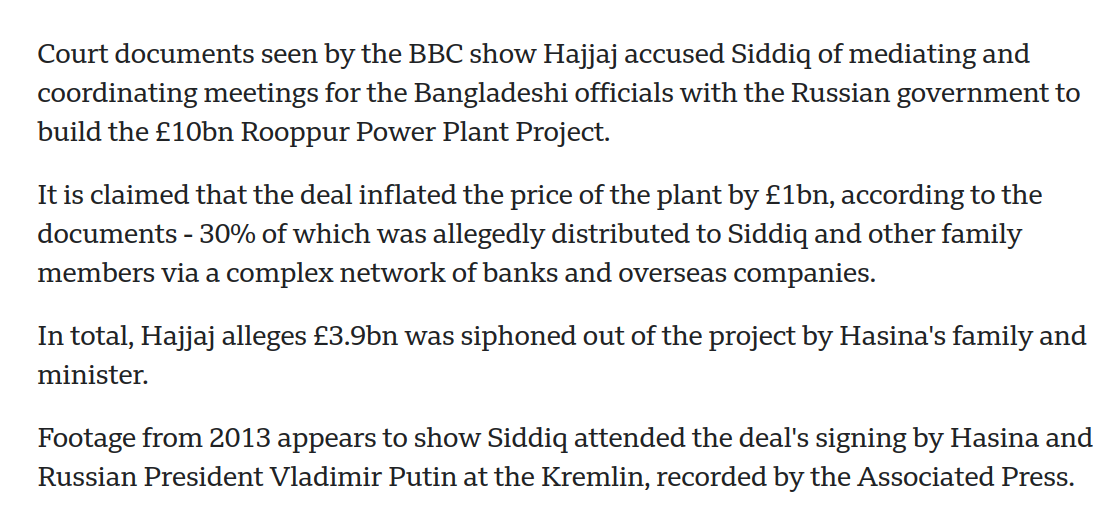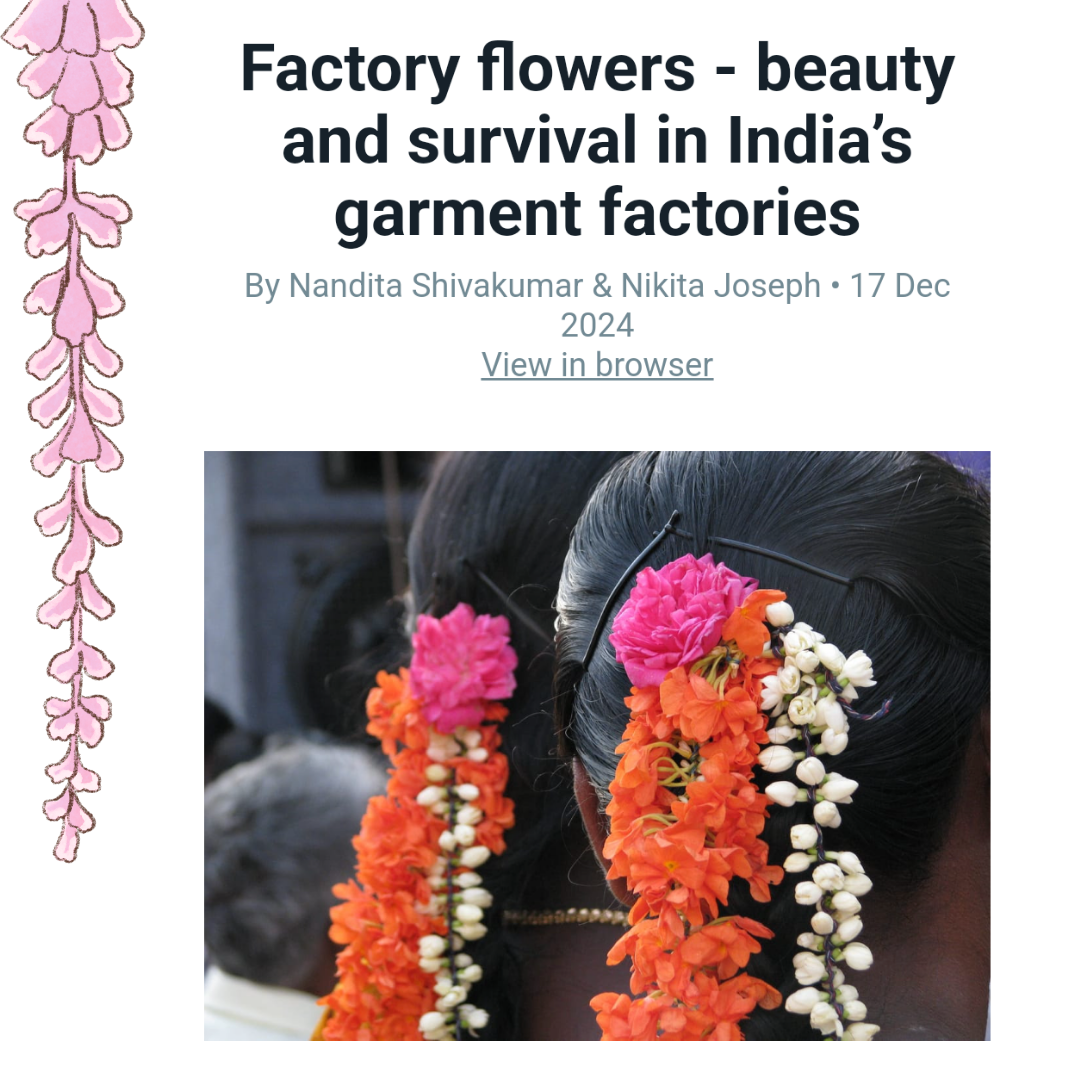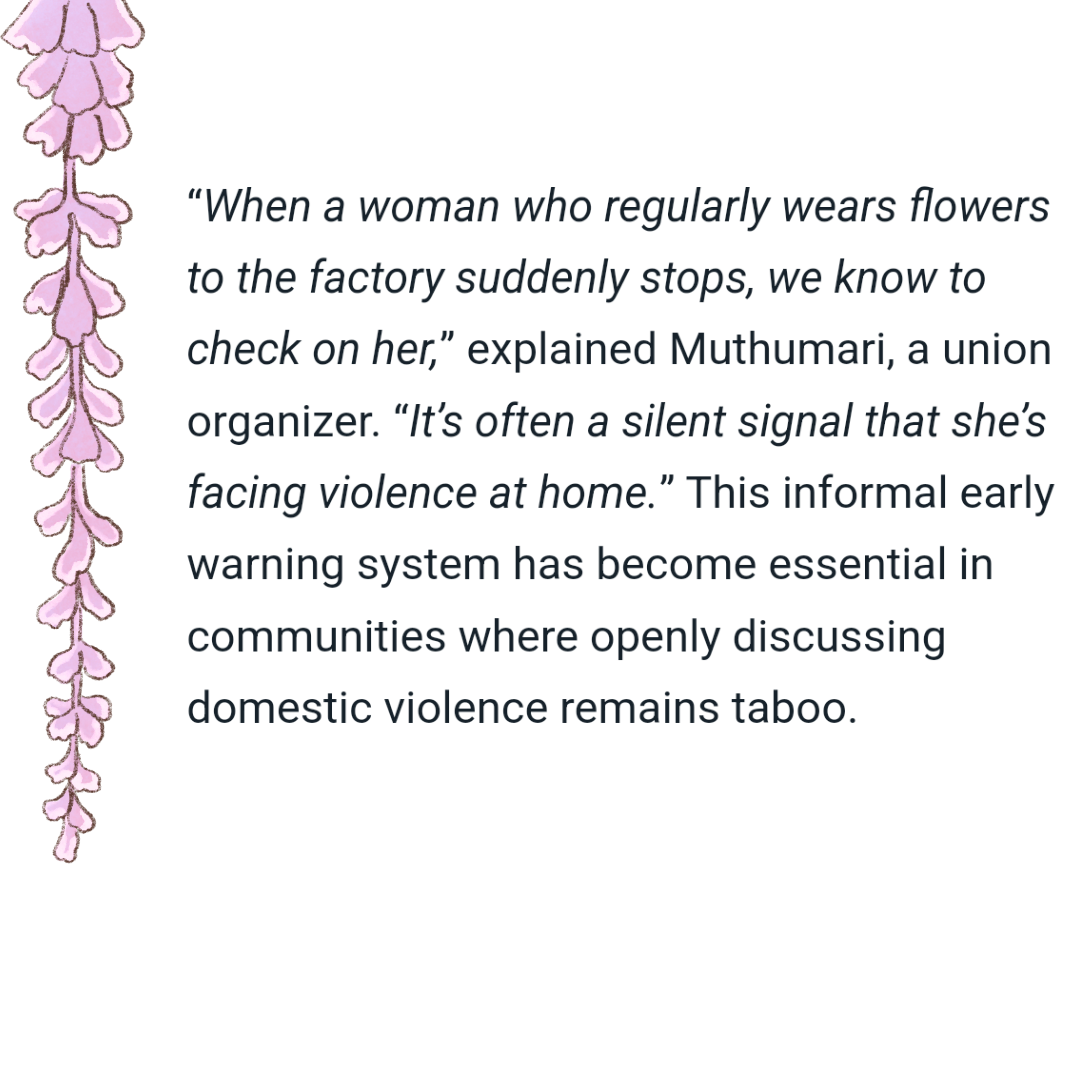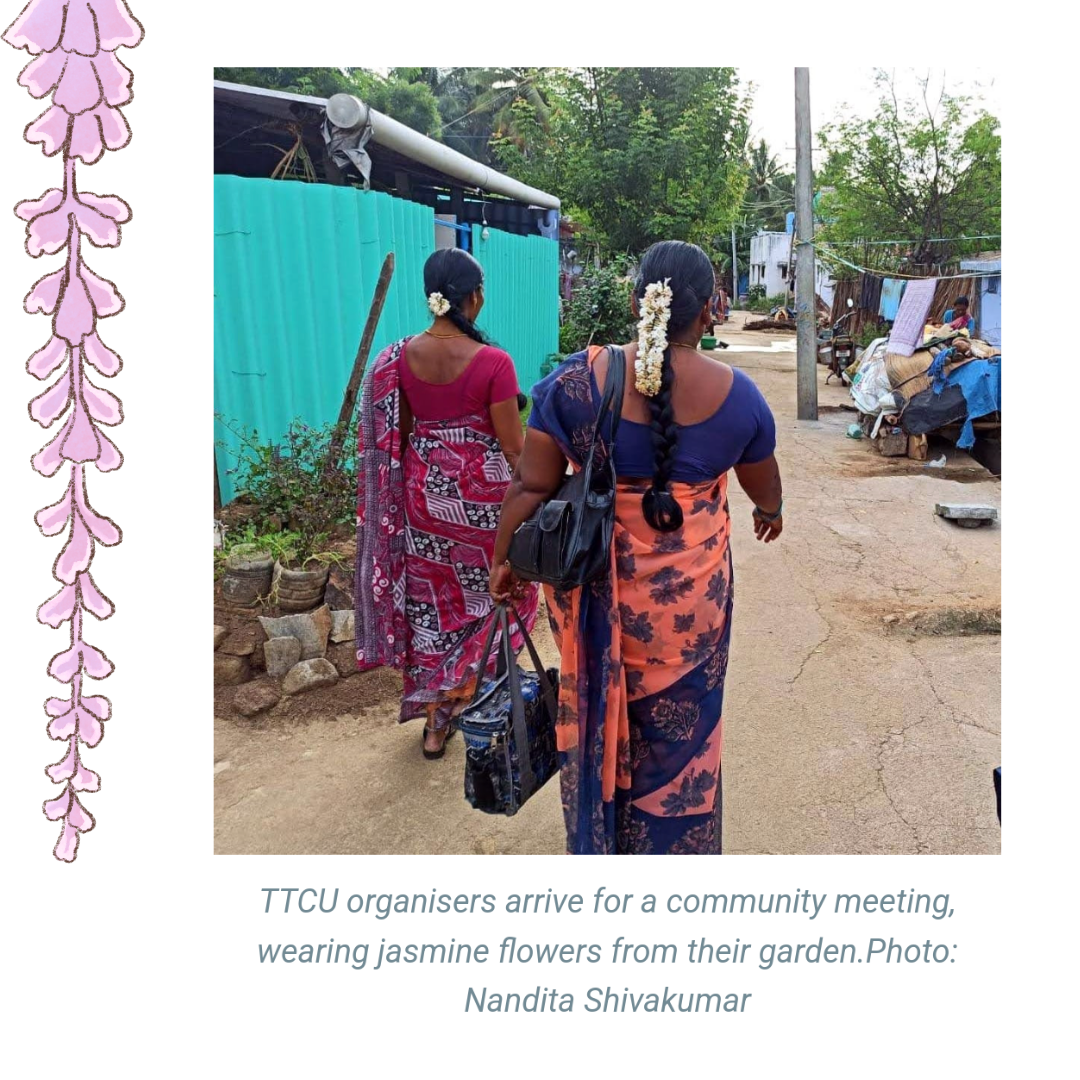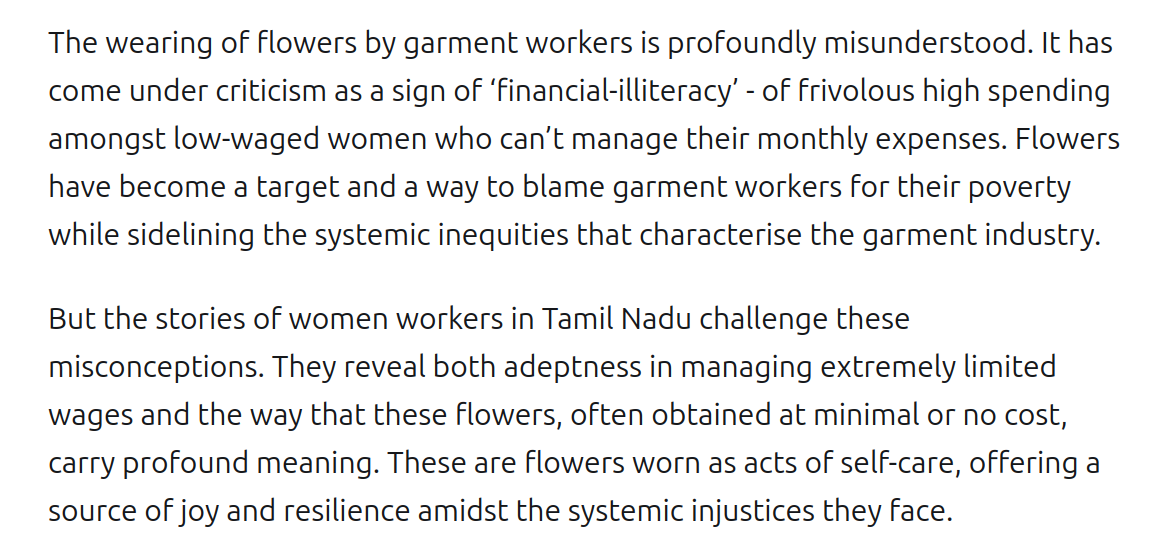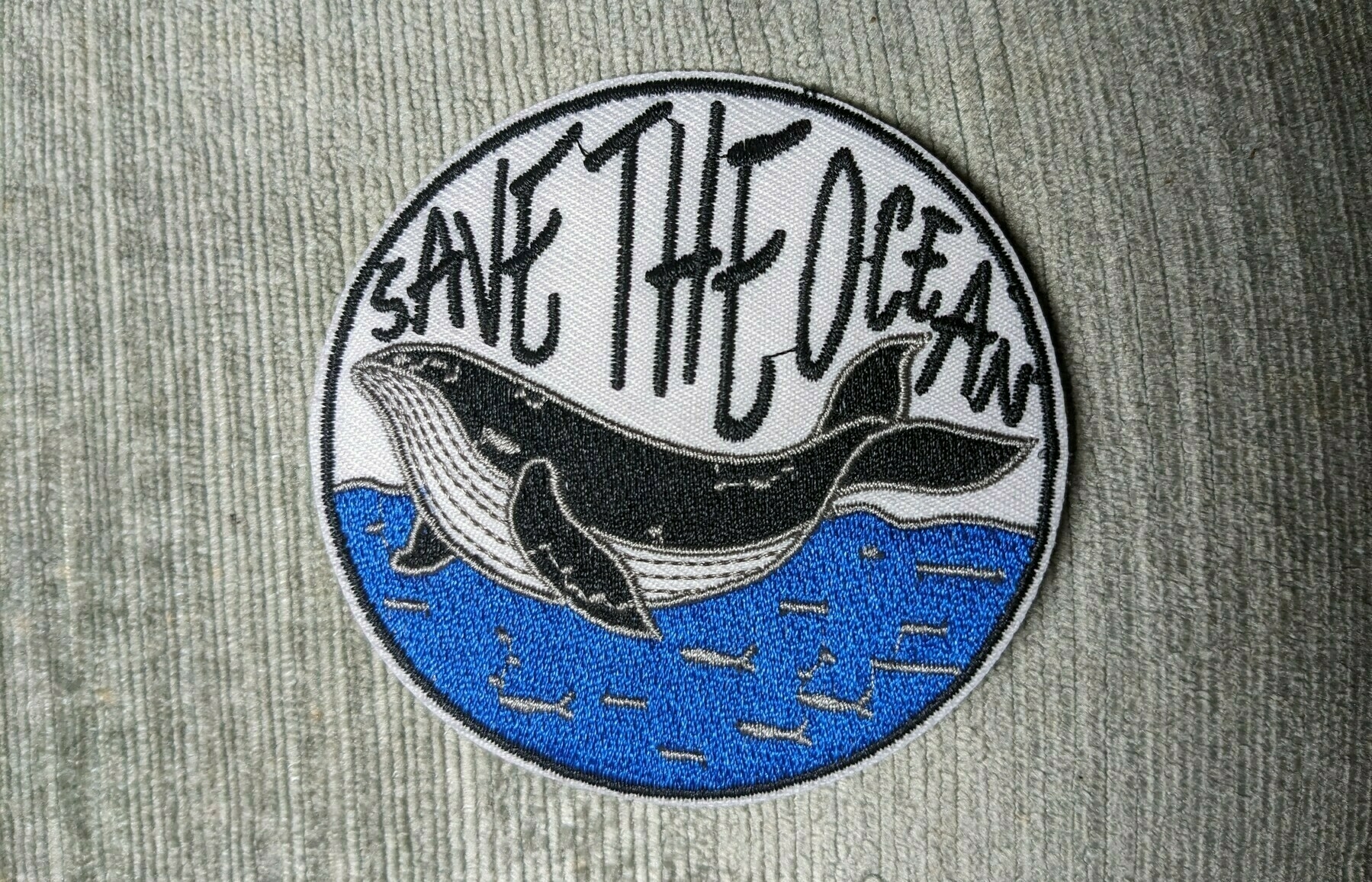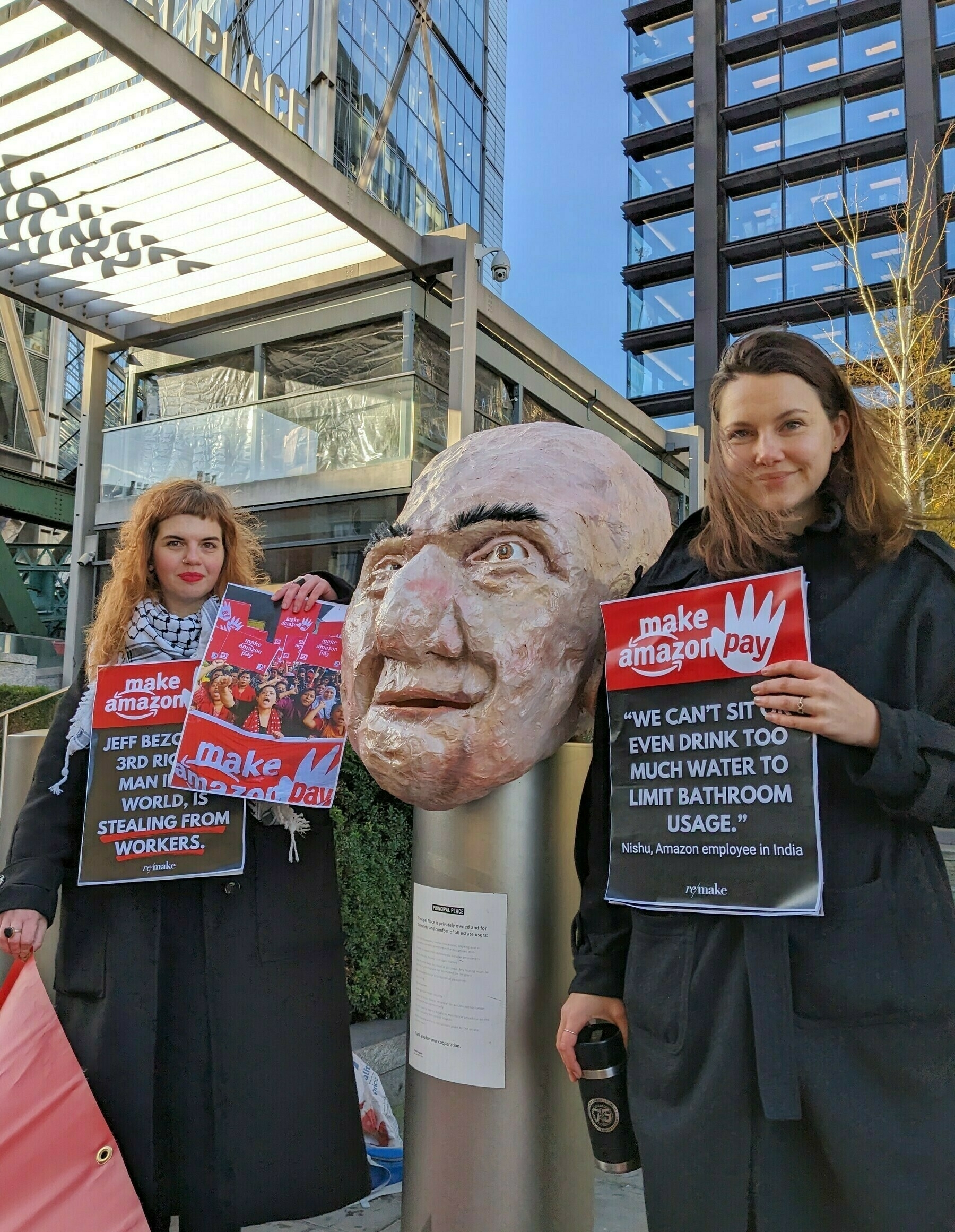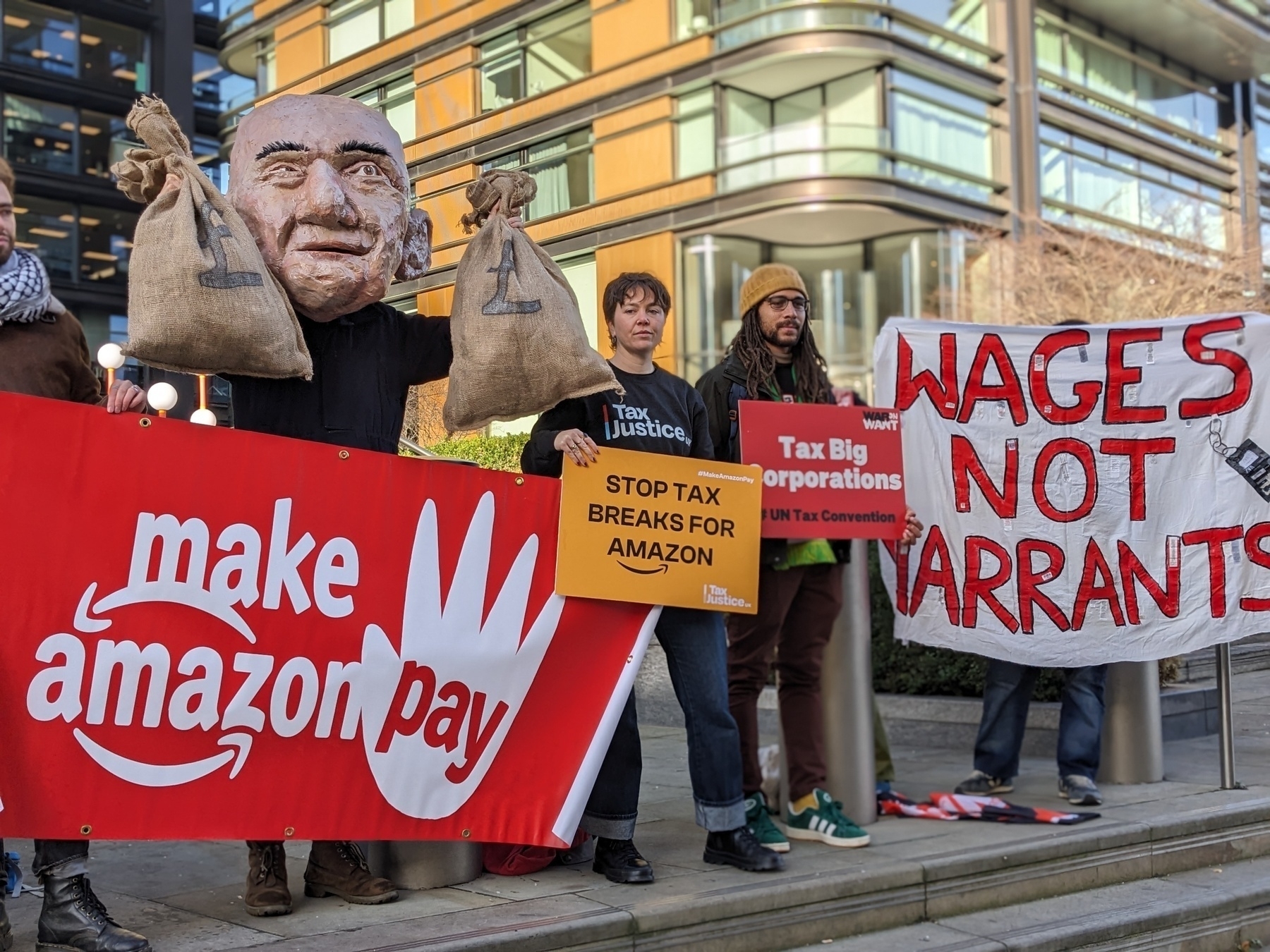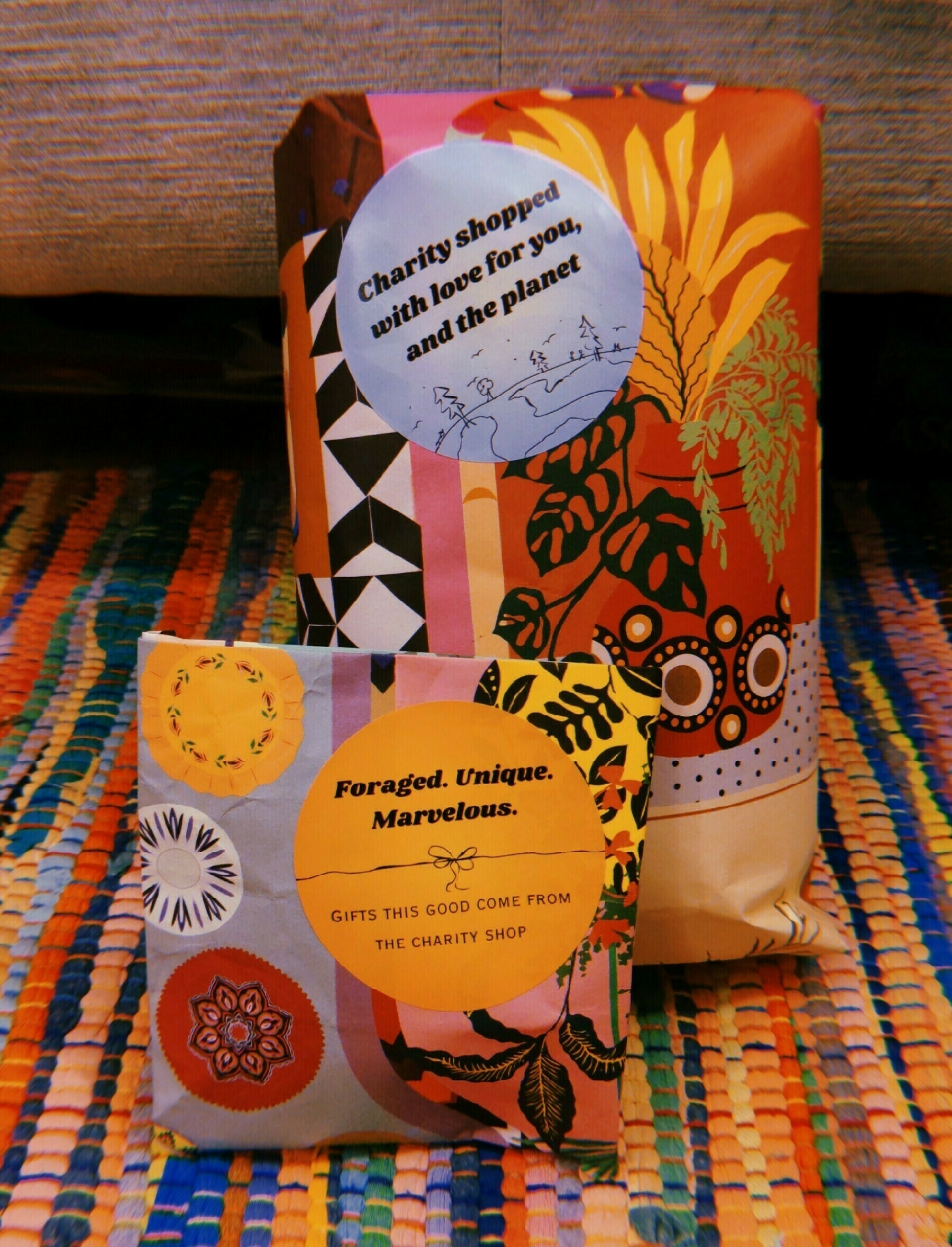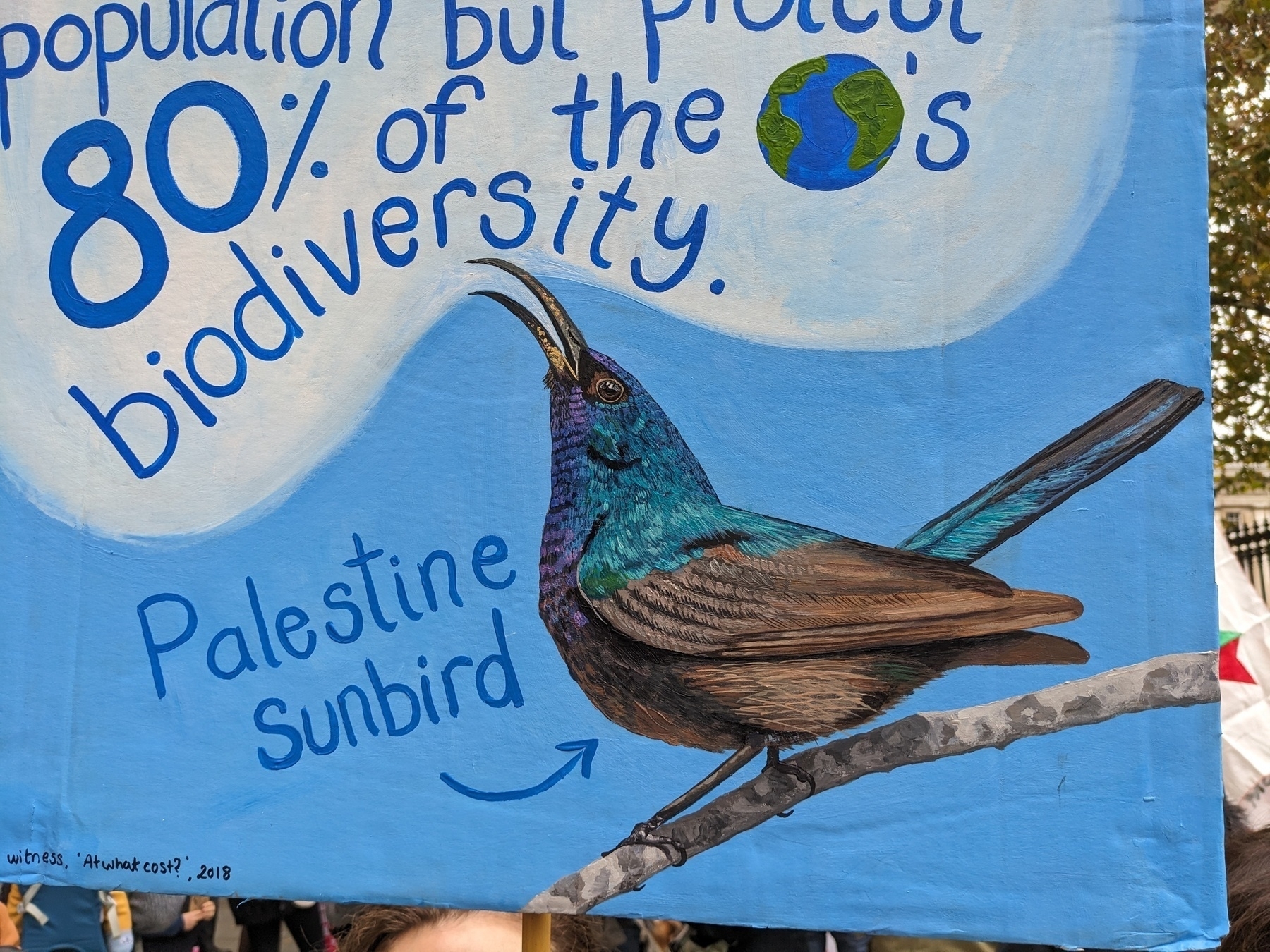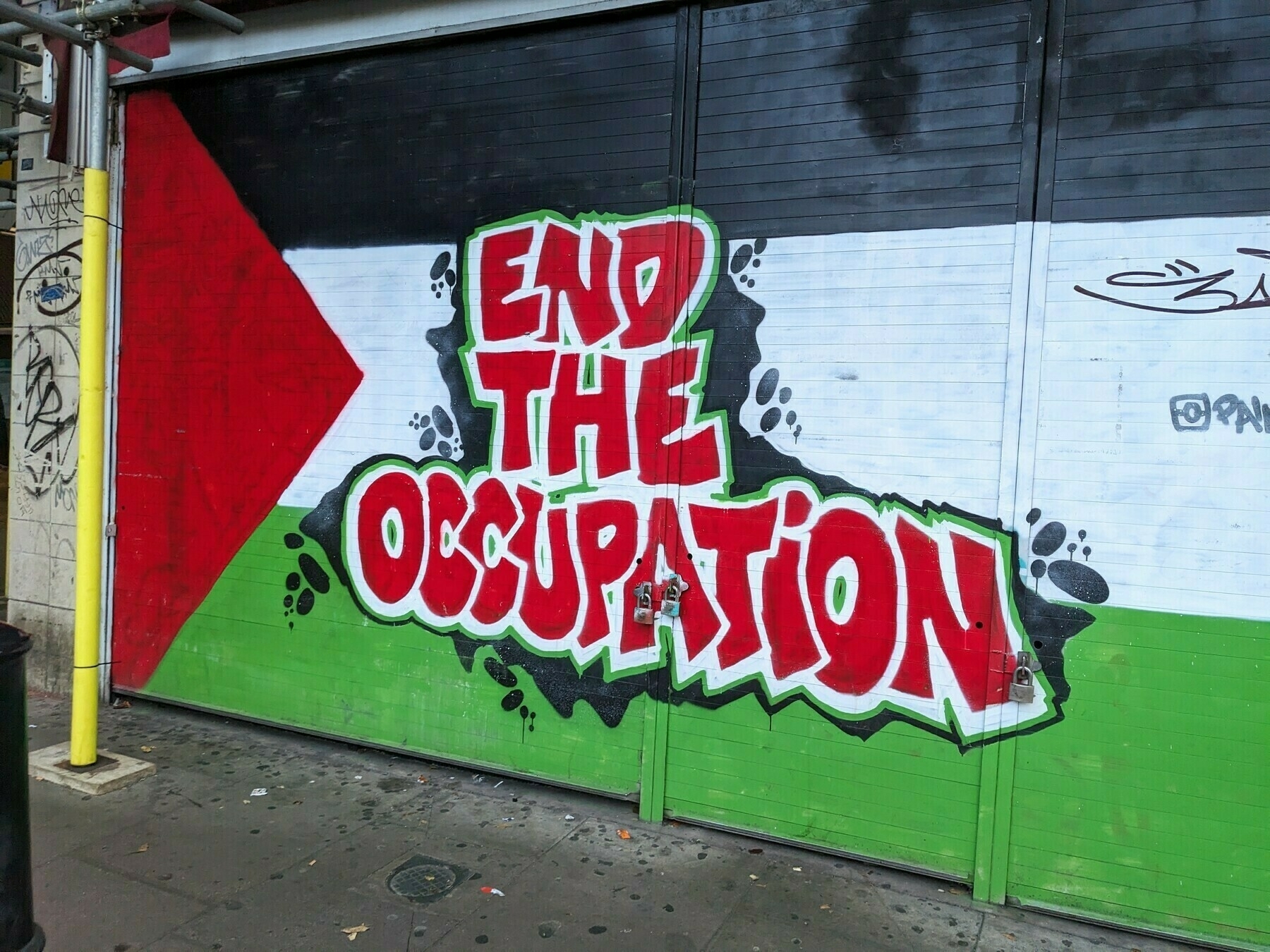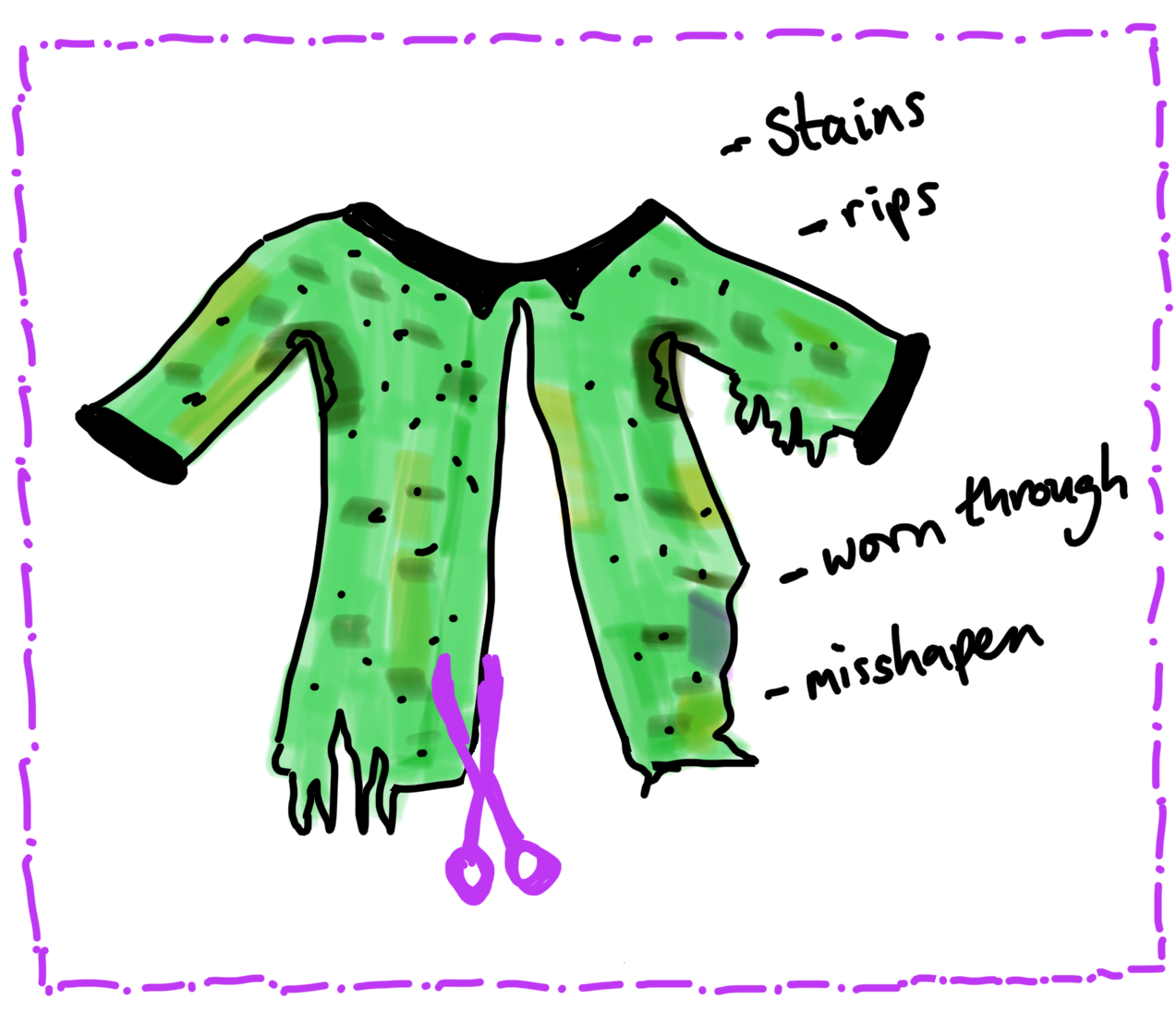Garment industry December trends from BHRRC: Layoffs & instability amid economic, political, and climate challenges
**Garment workers continue to experience reduced work and layoffs: **
A decline in orders has led to factory closures and job losses.
- Türkiye: 15,000 companies shut down in early 2024, with over 200,000 textile workers losing jobs in the previous year.
- Indonesia: Nearly 50,000 layoffs in the first half of 2024.
- Portugal: 11,000 workers faced layoffs, contract suspensions, or reduced hours.
- Philippines: Over 5,100 garment workers lost jobs or were forced on leave.
- Kenya: 1,900 redundancies in a single EPZ as orders dropped.
Demand-side triggers: weak demand and global instability in orders:
The global fashion industry faces instability in orders due to economic recession, inflation, rising material and energy costs, and geopolitical disruptions.
- Declining imports: Between mid-2023 and early 2024, apparel imports dropped 7% in the US and 5.2% in the EU.
- Brands record profits: Despite industry challenges, major brands like Inditex (€5.4 billion net profit, +30%) and Fast Retailing (JPY ¥530 billion operating profit, +5.8%) saw booming bottom lines in 2024.
Supply-side triggers: escalating costs and pressures:
Economic, political, and climate challenges are driving order volatility in apparel sourcing countries.
- Inflation: Inflation in sourcing countries like Turkey and Portugal have significantly increased production costs.
- Rise in minimum wages: Minimum wages rose 40-48% in Portugal and Romania (2022-2024), with Turkey doubling wages to 17,002 liras in 2024.
- Soaring gas and electricity prices: Soaring gas and electricity prices have increased operational expenses in places like Turkey and Bangladesh.
- Climate events: Typhoons in Vietnam and floods in Bangladesh, further disrupted production.
**Sourcing strategies: brands’ cost-driven choices in dealing with demand and supply side triggers **
Brands are changing sourcing countries.
- Türkiye: Brands shifted their orders to countries with lower labor costs, such as Bangladesh or Egypt, where wages are approximately 75% lower than in Turkey. Brands are seeking lower costs amid high inflation and declining export orders.
- Romania: Luxury brand suppliers shut down after wage hikes, shifting orders to cheaper hubs like Tunisia and Morocco.
- Leicester, UK: Rising costs and scrutiny over labour practices led brands to exit, moving production to Morocco, Turkey, and Tunisia.
- Bangladesh: Political instability and order cancellations have resulted in buyers redirecting orders to India, Cambodia, and Pakistan.



